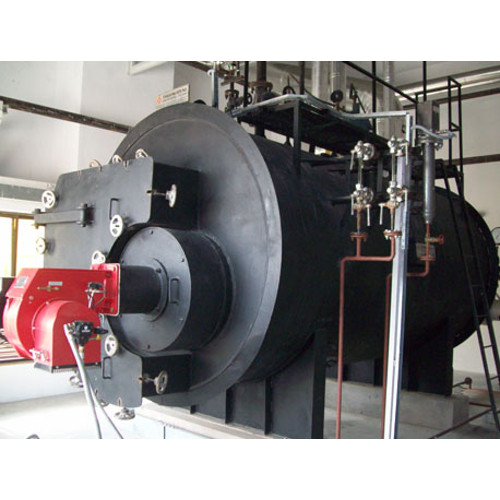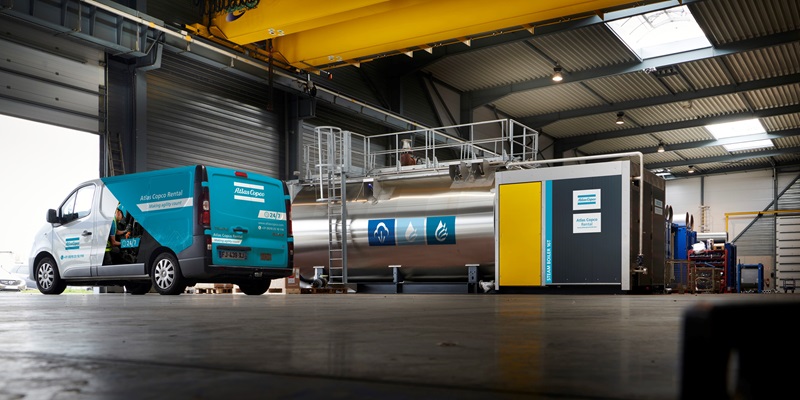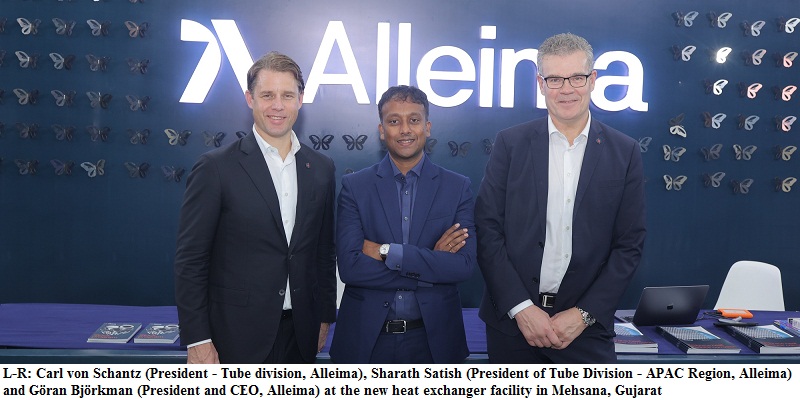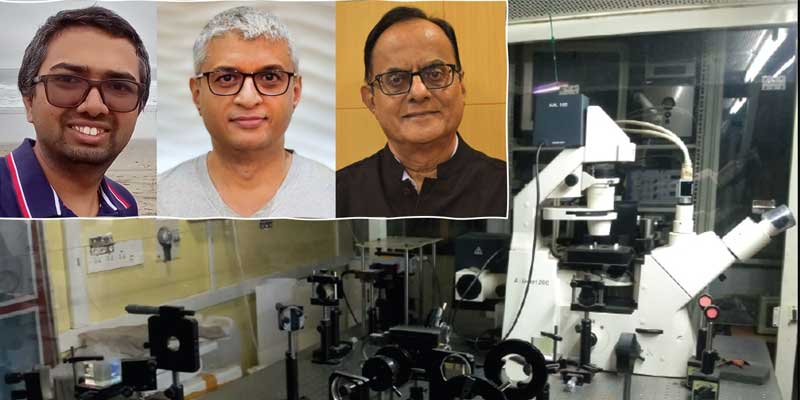Schedule a Call Back
Oil And Gas Fired Boilers
Oil And Gas Fired Boilers
Thermodyne Engineering Systems offers Oil And Gas Fired Boilers. Oil/Gas Fired Boilers are the basic 3 pass internal furnace smoke tube type design in which flue gases are inside the tubes while water is outside the tubes in the shell. The combustion of oil and gas in a furnace requires atomization of the fuel. Since the fuel entering the burner in bulk amount is either in liquid or gas form, therefore it needs to be separated in fine droplets so that every last particle of the fuel could get burnt without leaving any traces. This process of separating the fluid particles is called atomization. Generally, atomization is done with the help of a high-pressure fan which also provides air for the combustion of fuel. Mostly burners come with the attached fan and their assembly is known as a Monobloc Burner which means fan mounted on a burner. The 3-pass oil/gas fired boilers are most suitable for the burn fuels like heavy and light oils & gasses. Both Oil and Natural Gas Boilers are highly efficient as the furnace temperature in case of both is around 1200 – 1300 ºC. Higher the Furnace temperature, higher will be the radiation heat transfer rate to the surrounding water. The high combustion volume, large water, and Steam holding capacity and superior design feature provide efficient operation.
Difference between Oil Fired Boiler and Gas Fired Boiler: Oil Fired Boilers generally require Day Oil Tank to store oil and this oil is transported to a burner through oil piping and oil pump. On the other hand, High-Efficiency Gas Fired Boilers are exactly same as Oil Fired Boilers in construction and the only difference is the transportation of gas to burner requires gas train which comprises of the gas regulator that regulates pressure, the gas strainer to remover dirt from gas while no such valves are required in oil fired boilers. Advantages and Benefits: Fully automatic and high efficiency of 88 % on NCV saves running costs to the Steam Boilers. A large convective heating surface in the 2nd & 3rd pass tubes ensures excellent heat transfer. Large water holding & steam holding space provides quick response to fluctuating steam demands. Large heat transfer surface reduces the thermal stresses on the boiler surfaces. Dry steam reduces the processing time, saved the steam & improved quality of processed goods.
Product & Technology News
















